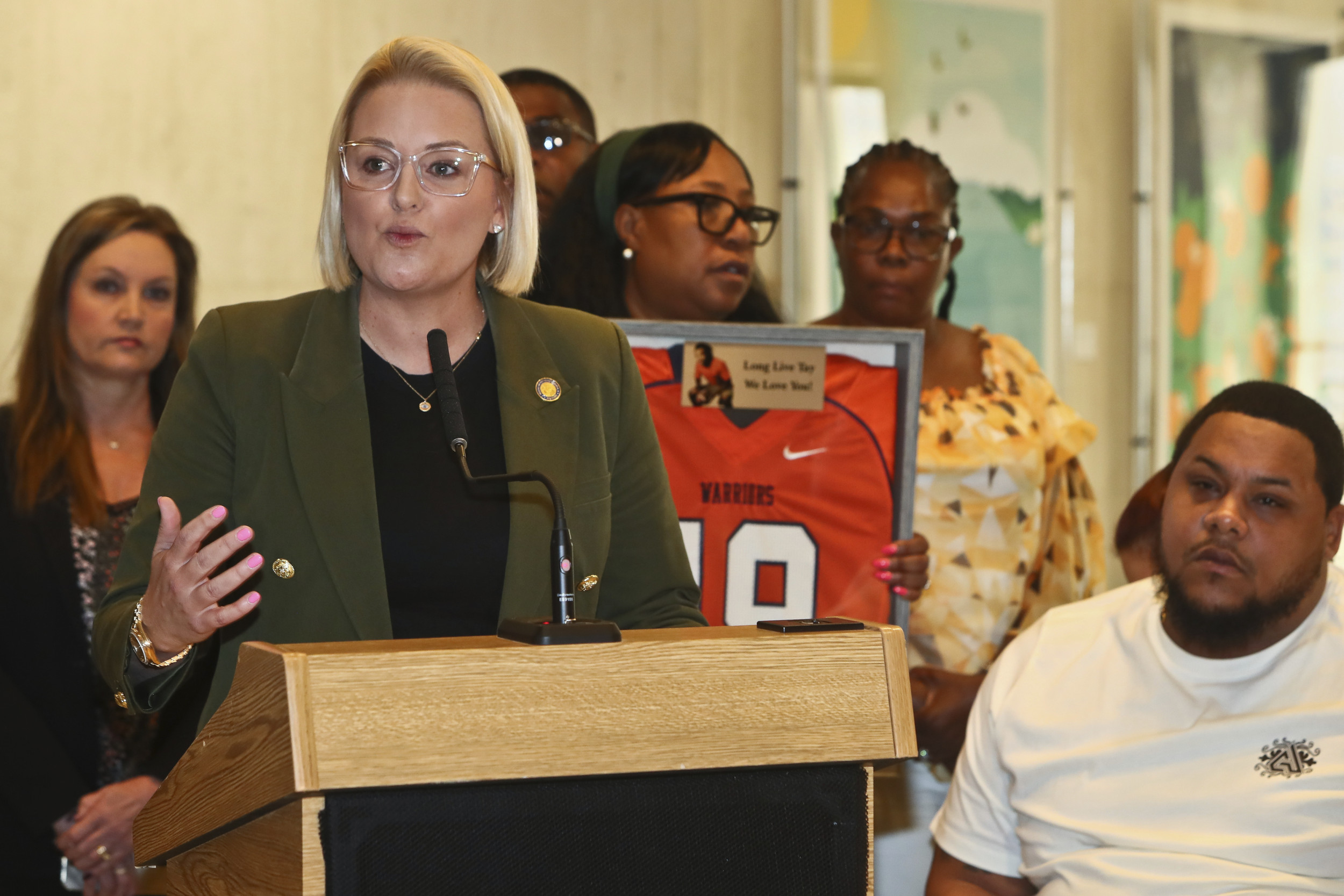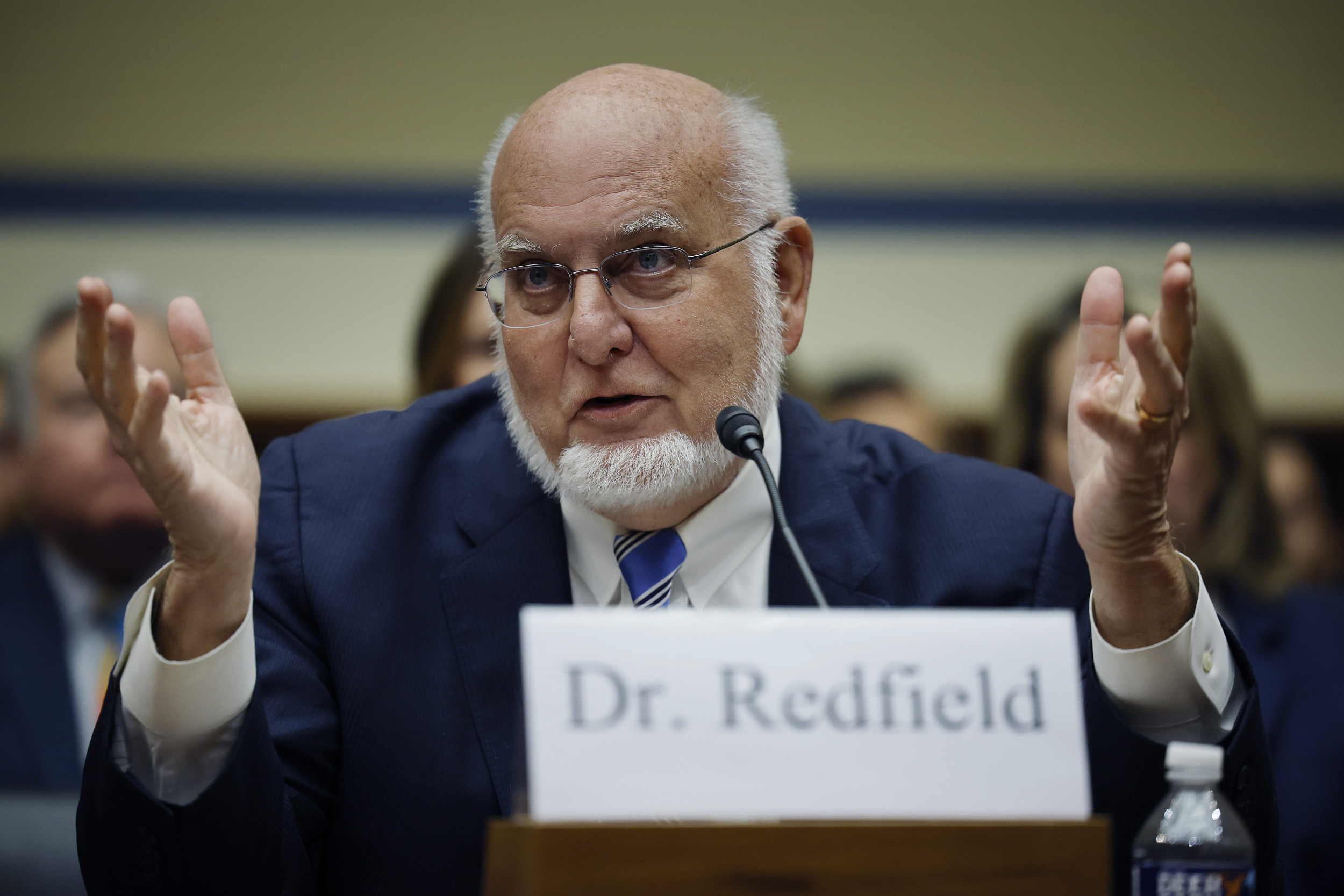A new year is a time for new beginnings. And that applies as much to your personal finances as anything else. As we hail the start of 2025, Newsweek asked personal finance experts: What is the one thing Americans should stop doing with their money?
Bola Sokunbi, Author/Founder & CEO, Clever Girl Finance
I absolutely have to say using credit cards as a backup emergency fund. It's a slippery slope, and the interest can delay or even completely derail your long-term goals.
In 2025, let's focus on building a real emergency fund—aim for at least three months' worth of expenses.
Also, stop comparing your finances to someone else's Instagram life. Most of it's fake anyway—remember your journey is yours alone!
Tiffany Aliche, Founder, The Budgetnista; Author, Get Good with Money
Stop doing Buy Now, Pay Later!
On the surface, it sounds like a good idea, but it encourages you to finance literally everything.
You go from just having a car bill and mortgage bill to suddenly having a "lamp bill" and a "couch bill". Everything you buy is now being financed and your spending is completely out of sync.
Do yourself a favor and switch to a Save Now, Pay Later mindset!
Michael Krowe, Director, Financial Planning, Edelman Financial Engines
Americans need to stop putting pressure on themselves to become homeowners. Homeownership can be wonderful, but it isn't for everyone—especially if it would create more financial strain than benefit.
I find I'm having more and more conversations with my clients (and their adult kids) on this very topic. Although there are many advantages to purchasing a home, renting has its own benefits.
For starters, buying a home typically requires a significant amount of cash for down payment and closing costs. How about home repairs, maintenance, and upkeep? Or property taxes? Not to mention homeowner association fees. Renters do not face these hurdles.
We would advise you not to buy a home if you plan to move within five to seven years. It simply isn't worth the hassle, let alone the cost.
Carolyn McClanahan, Founder, Life Planning Partners; Advisor, CNBC Financial Advisor Council
Quit trying to find the next best investment and especially stay away from speculative investments with your retirement savings. Retirement savings need to be put in a diversified portfolio of low-cost passive investments.
Kyla Scanlon, Economic Commentator; Author, "In This Economy?"
Stop using Buy Now, Pay Later. It makes things feel frictionless, but it fragments the financial picture and makes true spending harder to track.

Andy Smith, Executive Director, Financial Planning, Edelman Financial Engines
People need to stop focusing on the little things and start focusing on the bigger, more strategic things that can help make a meaningful difference.
For example, forgoing a fancy coffee drink a couple times each week isn't going to get you to your retirement goals. But contributing to your employer's 401k plan will help you do that, and that includes taking advantage of the different features your plan has to offer, such as saving enough to receive the company match, or opting into auto-escalation so you don't forget to increase your savings each year.
Or, maybe you've levered up on debt because you wanted to purchase a vacation home, but instead you could have done some long-term renting for your holidays and saved yourself the headaches and the expense of owning a second property.
Or, perhaps your adult children are still living with you at home, draining your retirement savings because they weren't focused on a career path in college that would help make them more marketable and financially independent.
These are the types of things to focus on versus the little things.
Eric Tyson, Best-Selling Author of Personal Finance For Dummies and Investing For Dummies
If you're not able to regularly save a modest amount of your earnings, you need to pay off your consumer debt as soon as possible. I also recommend not getting stock and other investment tips from social media.
Kelli Smith, Director, Financial Planning, Edelman Financial Engines
In 2025, people should stop buying things they don't need or cannot afford. A large number of people overspend and under save. That creates a lifestyle they won't be able to afford by the time they reach retirement age.
Instead, come up with a savings plan to make sure retirement and other financial goals are being fully funded, then spend what's left.
Elaine King, Founder and CEO, Family and Money Matters
Rather than what to stop, here's what to start: Question the source of your financial advice. For example, are you trusting a chocolate company to guide your health or a nutritionist with no ties to a product?
The same applies to finance—ask yourself: "What's the monetary benefit for the person giving me advice?"
In 2025, focus on advisors who prioritize your financial education and empowerment, not their own incentives. Investing in financial literacy could be your smartest move yet.




















 English (US) ·
English (US) ·